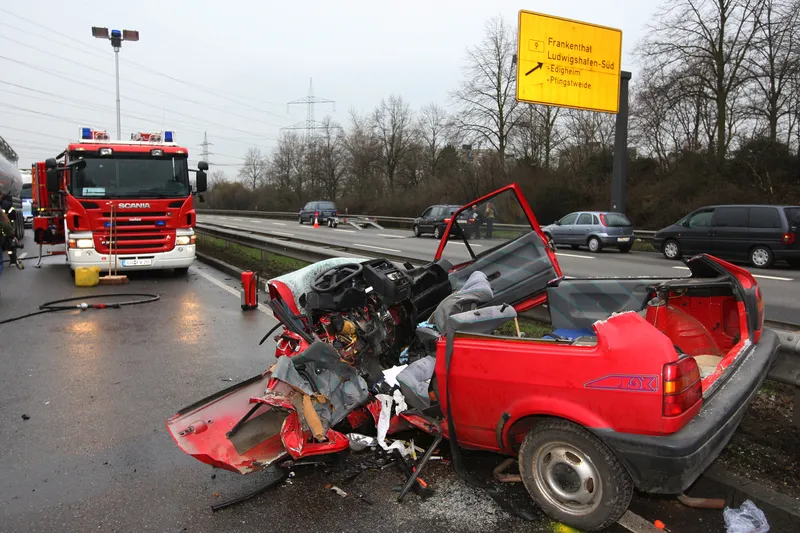Recent research by SBD shows that road-related fatalities are the eighth leading cause of death globally with more than a million people dying each year.
Middle income countries, which include most ASEAN economies, account for 72 per cent of the world’s population and contribute to about 80 per cent of road traffic fatalities.
September 20, 2013
Read time: 2 mins
Recent research by 4263 SBD shows that road-related fatalities are the eighth leading cause of death globally with more than a million people dying each year.
Middle income countries, which include most ASEAN economies, account for 72 per cent of the world’s population and contribute to about 80 per cent of road traffic fatalities.
The research indicates that in India, Malaysia and Thailand there is lack of strict enforcement on helmet and seat belt wearing compliance laws. Even in Malaysia which is considered as a more advanced ASEAN economy still only 76 per cent of riders wear helmets and 77 per cent of drivers wear seatbelts. The statistics are much poorer in India and Thailand.
Common driver behaviours such as speeding and minimal driver discipline increase the risk of accidents in these countries. Malaysia shows an increasing trend in road accidents, whereas in India the total number of road accidents has remained stable over the last two years. Thailand shows a decreasing trend in the overall road accidents, however the number of fatalities increased by 39% from 2010 to 2011.
In Thailand and Malaysia the majority of accidents occur on local roads. In contrast, India sees higher rates of collisions on its national highways, where rear-ending is reported in over a third of all accidents. Roll-over is a common accident type in Thailand, and all countries show riders of 2 and 3 wheeler vehicles are most at risk.
SBD’s recent study indicates that there is some scope for active safety countermeasure to be introduced. Such systems have the potential for reducing the consequences of a crash and in some occasion can also prevent the accident. Each country studied in this report details in-depth road safety conditions, accident trends with statistics on those most at risk, the various types of collision, and the accident contributing factors.
European OEMs such as2125 Audi, 1731 BMW, 1685 Mercedes-Benz and 609 Volvo have started to roll-out advanced driver assistance systems (ADAS) on their most premium models in some emerging markets. Volvo is one OEM offering a similar level of ADAS comparable to its market offering in Europe. SBD’s research suggests that without customisation, such ADAS systems may not be suitable to address the local road conditions and driver behaviour in these countries.
Middle income countries, which include most ASEAN economies, account for 72 per cent of the world’s population and contribute to about 80 per cent of road traffic fatalities.
The research indicates that in India, Malaysia and Thailand there is lack of strict enforcement on helmet and seat belt wearing compliance laws. Even in Malaysia which is considered as a more advanced ASEAN economy still only 76 per cent of riders wear helmets and 77 per cent of drivers wear seatbelts. The statistics are much poorer in India and Thailand.
Common driver behaviours such as speeding and minimal driver discipline increase the risk of accidents in these countries. Malaysia shows an increasing trend in road accidents, whereas in India the total number of road accidents has remained stable over the last two years. Thailand shows a decreasing trend in the overall road accidents, however the number of fatalities increased by 39% from 2010 to 2011.
In Thailand and Malaysia the majority of accidents occur on local roads. In contrast, India sees higher rates of collisions on its national highways, where rear-ending is reported in over a third of all accidents. Roll-over is a common accident type in Thailand, and all countries show riders of 2 and 3 wheeler vehicles are most at risk.
SBD’s recent study indicates that there is some scope for active safety countermeasure to be introduced. Such systems have the potential for reducing the consequences of a crash and in some occasion can also prevent the accident. Each country studied in this report details in-depth road safety conditions, accident trends with statistics on those most at risk, the various types of collision, and the accident contributing factors.
European OEMs such as







